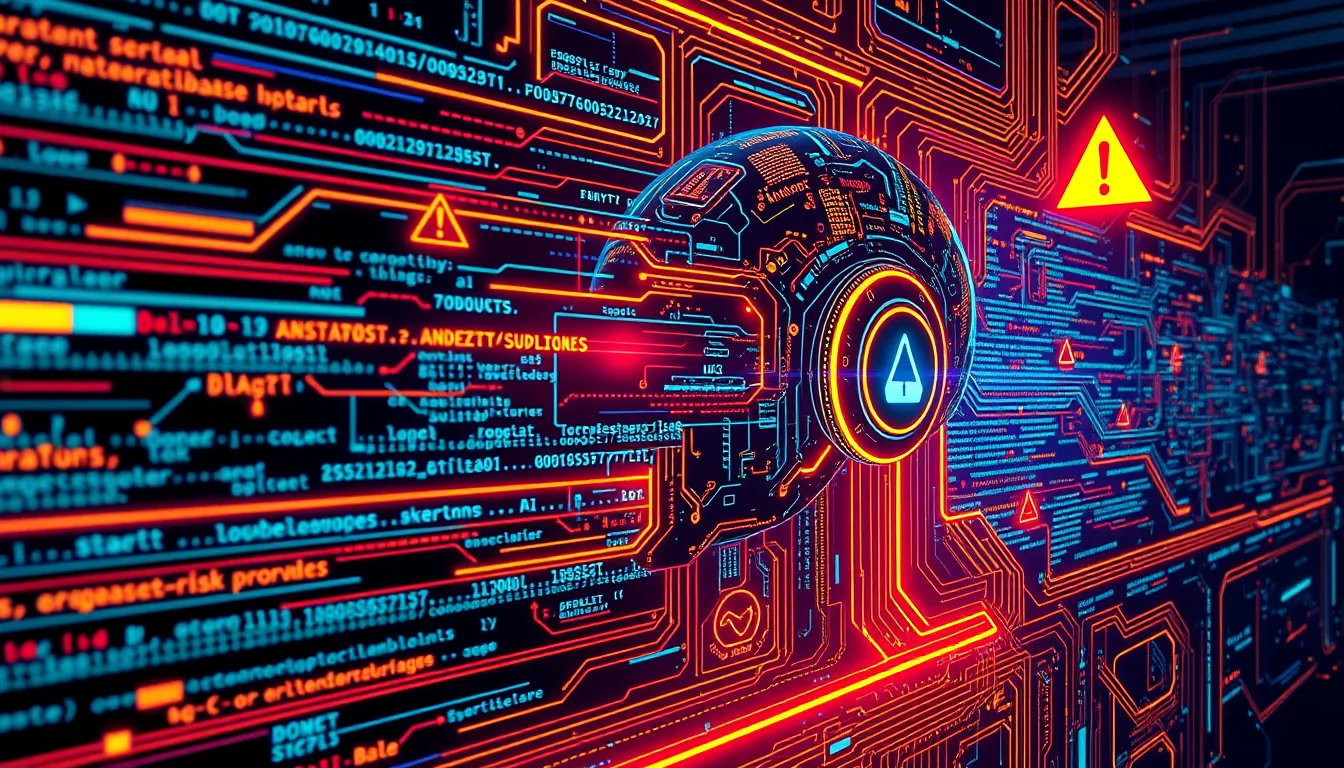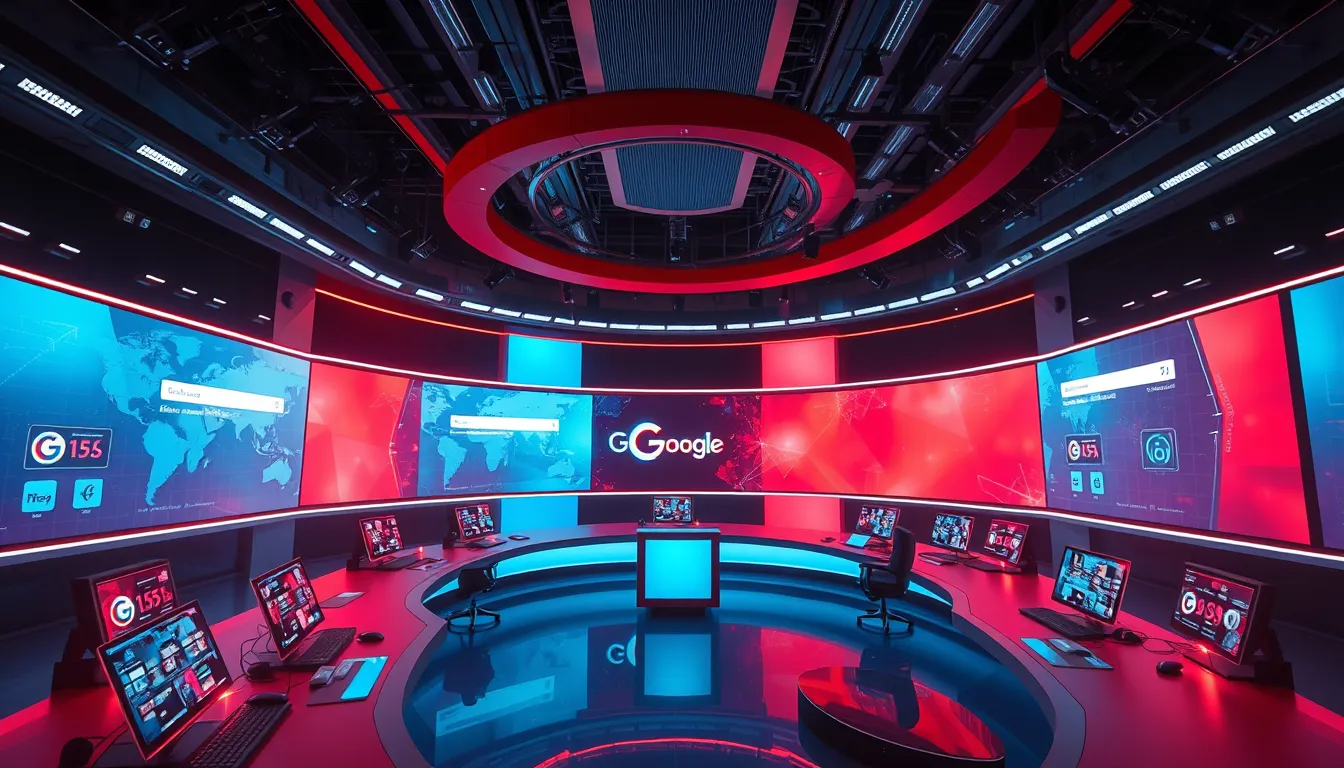Now Reading: Revolutionizing AI in Coding: Speed, Quality & Security
-
01
Revolutionizing AI in Coding: Speed, Quality & Security
Revolutionizing AI in Coding: Speed, Quality & Security

Revolutionizing AI in Coding: Speed, Quality & Security
In today’s dynamic tech environment, AI in coding is reshaping how developers build and optimize software. The advent of AI-powered coding tools has not only accelerated code generation but also introduced new challenges in quality assurance and regulatory compliance. This article delves into the transformative impact of AI in coding, balancing the need for rapid code development with the imperative for security and reliability.
Transforming the Coding Landscape
The integration of artificial intelligence in coding processes has revolutionized development strategies. With tools that ensure rapid code generation, developers can now produce complex algorithms and applications in a fraction of the time. However, this acceleration comes with its own set of challenges. Companies must navigate the intricacies of quality assurance to prevent potential vulnerabilities in AI-generated code.
Rapid Code Generation and Coding Efficiency
Modern AI coding tools have significantly improved coding efficiency. These tools help in automating repetitive tasks, identifying errors early, and suggesting optimized code structures. Some benefits include:
- Reduced development time
- Enhanced productivity
- Automated error detection
While speed remains a critical advantage, it is equally important to ensure that these benefits do not compromise the quality of the final product. The term AI in coding has become synonymous with innovative code generation, yet it demands cautious scrutiny to avoid bypassing essential quality control mechanisms.
Addressing Core Challenges in AI Code Development
Quality Assurance in AI-Generated Code
One significant concern is the risk of bypassing quality assurance stages in the drive for rapid development. When quality checks are compromised, there is a higher chance of bugs and security vulnerabilities slipping through. Experts stress that quality assurance cannot be an afterthought in the AI in coding process, as even minor oversights can lead to substantial issues post-deployment.
To achieve robust quality control, developers are advised to:
- Integrate regular manual reviews alongside automated tests.
- Employ advanced debugging tools that specifically target AI-generated patterns.
- Maintain transparency in code repositories to facilitate peer reviews.
Security Testing in AI Code
Security testing is another cornerstone in preserving the integrity of AI in coding systems. As these AI tools ramp up coding speed, they can inadvertently introduce security vulnerabilities. Prioritizing security testing helps in identifying potential risks, ensuring that the rapid pace of code generation does not lead to exploitable flaws.
It is vital that organizations adopt comprehensive security testing frameworks that include:
- Static code analysis
- Penetration testing
- Regular security audits
Balancing Innovation with Risk Management
Regulatory Challenges in AI Code Development
The rapid evolution of AI in coding often outpaces existing regulatory frameworks. With regulatory challenges in AI code development becoming more evident, there is a pressing need for policies that evolve alongside technological advances. Developers and regulatory authorities must collaborate to:
- Establish adaptive guidelines
- Ensure continuous education on emerging risks
- Promote industry-wide standards for AI code quality
The Road Ahead for AI in Coding
The future of AI in coding holds immense promise. By integrating advancements in quality assurance and security testing, the tech industry can harness the full potential of AI-driven tools while maintaining system integrity and regulatory compliance. As long as developers continue to prioritize both innovation and risk management, AI tools will remain a formidable force in the coding arena.
In conclusion, the evolution of AI in coding stands as a testament to the power of technology to reshape traditional practices. However, every innovation brings its own set of challenges. By addressing quality assurance, security testing, and regulatory challenges head-on, developers can ensure that the speed and efficiency provided by AI do not come at the cost of software reliability. As the dialogue between developers, risk management professionals, and regulatory bodies expands, the collective effort will lay down a robust foundation for a secure and innovative coding future.
For more insights on maintaining coding efficiency and security, visit trusted sources such as the official Microsoft Developer network and the OpenAI research blog.
With responsible integration and vigilant oversight, AI in coding will continue to drive forward the future of software development, crafting smarter, faster, and more secure digital solutions.

























